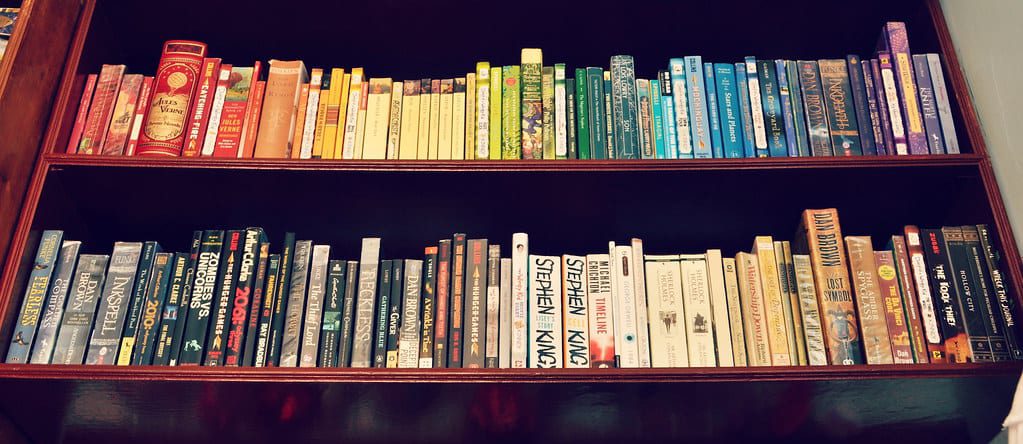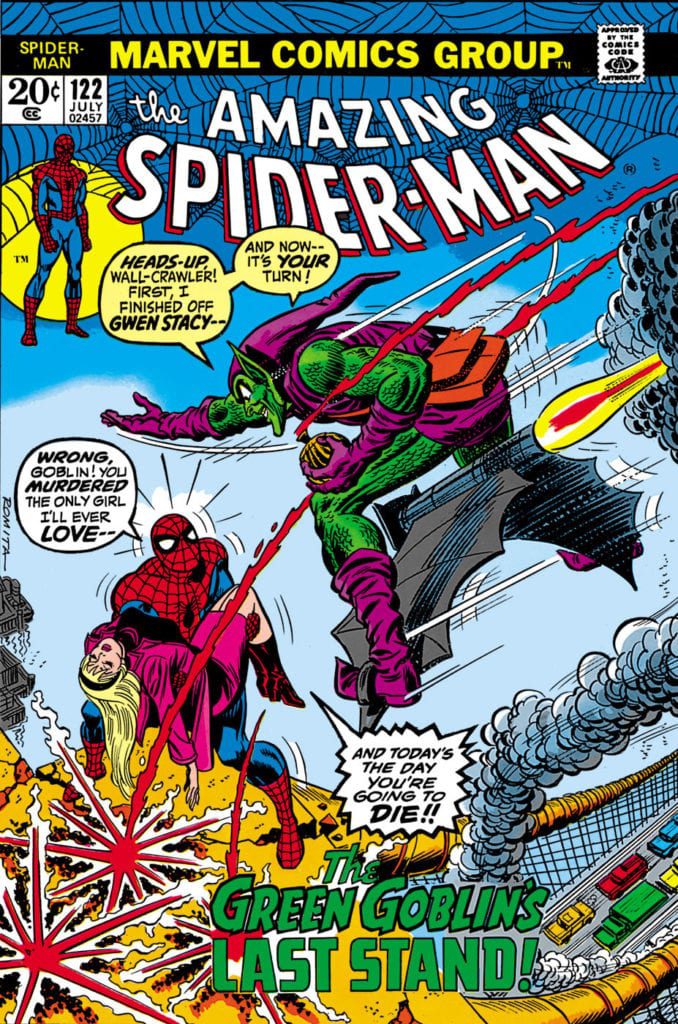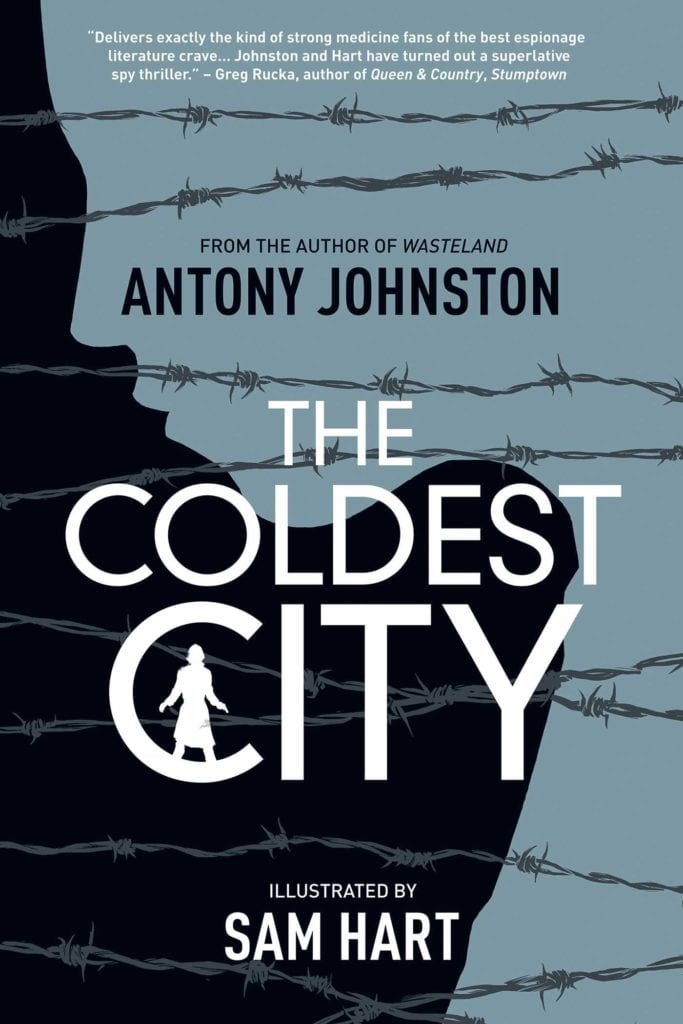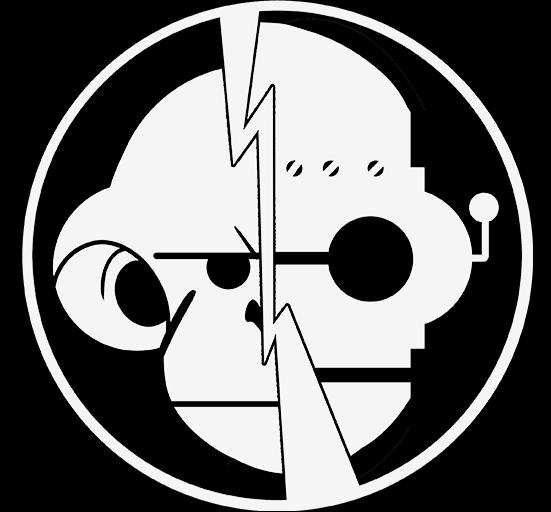Whenever a movie is adapted from another medium, such as a novel or comic, one critique that you will find hard to escape from is the statement ‘it’s not as good as the original’. Whether you’re talking about straight adaptations, remakes, or re-imaginings, there will always be an underlying belief that the new form cannot improve on the original.
Critic Pauline Kael wrote;
‘Movies are good at action, they’re not good at reflective thought or conceptual thinking. They’re good at immediate stimulus, but they’re not a good means of involving people in the other arts or learning about a subject.’ (from Deeper into Movies, published 1973)
MFR ON YOUTUBE (latest video)
Help us reach 5K Subs!
This is an elitist view, one which will always favour the novel over the movie, and comes from a position of intellectual superiority. This is a view that follows adaptations into the 21st century, especially with the rise of the Superhero movie and Marvel’s dominance of the box office.
It is also a problematic viewpoint when discussing comic book adaptations, especially the Superhero movie, for two reasons which I will explain below.

High versus Low
Kael’s argument stems from adaptations of novels, which were seen as a higher art form than cinema. This comparison, however, is not as easily transferred to discussions about comic book adaptations, especially relating to those from the Superhero genre. This is because the original source material, i.e. the comic book, is not part of that ‘higher art form’ in the first place. In fact, throughout most of comic history, the form has been maligned for being a cheap form of throwaway entertainment. The early popular comic books were soon bastardized for monetary gain. Publishers sold characters for advertising rights, radio shows, and cinema serials, with no thought for the original. A character like Superman took on many forms across multiple media platforms with no care to create any continuity between them. It’s even arguable that continuity in the comics themselves took a few years to arrive. The integrity of the ‘original’ was so low to start with that when the movies appeared it would be impossible to place the comic on a pedestal for comparison.
As we move into the modern age of cinema/comic adaptations the ‘high art’ argument is still invalid. Although comics have started to gain a form of respectability, most notably through the creation of Graphic Novels in the book market, they are not comparable to the likes of War and Peace or Great Expectations. A collectors market puts a price value on specific comics, creating notoriety, but they are not valued for their artistic or literary content. For Kael’s argument to be relevant we would first need to accept that comics engage readers in an intellectual way and promote the involvement in the larger Art World. Unfortunately, comics are still primarily seen as just entertainment with little pretension for the high arts.

The Long Running Continuity Angle
The other main difference between the adaptation of a novel and a superhero comic book is that, for the most part, comic book adaptations are not directly linked to a specific story or comic issue. Segments from certain chapters of a characters story may be incorporated into the whole, but generally the movie versions take the themes from a selection of the comic stories. Sam Raimi, for example, was inspired by the first 122 issues of The Amazing Spider-Man for his first Spider-Man movie. He sourced narrative elements from the first iconic issue, but also from numerous other issues in that run, leading up to the confrontation between Spider-Man and the Green Goblin published in #122. But there were also influences from later chapters of the superhero’s story. Raimi’s intention was to capture the elements that made a Spider-Man story and create his own version of them. By employing this concept, how is it possible to then say the original is better? The movie is an amalgamation and the comic series stretches over many years and titles. Are we to believe that no part of the movie is better than any issues of the comic? Can we even compare like for like?
When you move beyond the confines of the origin story, modern superhero movies have plots that are drawn from a number of sources. These are mostly from the comics but sometimes from other media, as I pointed out in my last entry regarding the Superman multimodal narrative. Unlike a Pride and Prejudice adaptation, most comic book films are not translating a single text into a movie version. Even when the original source text is a single book, such as in the case of The Coldest City by Antony Johnston and Sam Hart which became the movie Atomic Blonde, the adaptation is not necessarily based on the final printed product. The producers of Atomic Blonde were provided with a completed script for the graphic novel but the art work had not been finalised. Atomic Blonde was produced explicitly with a cinema aesthetic in mind and it was the theme of the comic that was used to make the movie. The intentions of each were different; one is an oppressive spy thriller told through stark black and white static images, and the other is a fast paced, action/mystery spy movie. The majority of each were created separately despite the graphic novel’s release date being 5 years earlier. In such circumstances, how is it possible to say that the ‘original’ is better when all that denotes the original is the release date?
When it comes to superhero movies there is no original, in the specific sense, to compare against. The best that you can do is compare and contrast the movie version against the history of the character in printed form. But even then, the task is complicated by the many interpretations of the characters across the years. You can say that Zack Snyder’s Man of Steel is not as good as the original but what are you referring to? The original Action Comics #1? Or some other version of the character in a different comic?

Conclusion
Robert Stam discusses the concept of the original text being superior in his essay The Dialogics of Adaptation. He posits that the ‘first is best’ argument is based on the original having seniority and has iconography that is culturally rooted. However, neither of these two aspects have dominance over comic book adaptations or superhero movies specifically.
Stam explains that ‘poststructuralist’ theoretical developments [..] indirectly undermine some of these prejudices’, which partially dismantles Kael’s ‘high art’ standpoint when it comes to novels. But taking the comic form into consideration we can dismiss the ‘high art’ argument anyway. By transferring one low art form into another there is no superiority argument. The ever changing serial nature of comics also makes the seniority aspect difficult to argue, especially for the long running titles such as Batman, Wonder Woman, or the Avengers. If the comic itself has changed multiple times since inception, how can a movie be judged for doing the same thing?
As audiences and readers, we each have our favourite versions of a particular character or story but to imply that one version is better than another is to compare two dissimilar things. We cannot expect a film to contain the same visual or narrative beats as a comic, or vice versa. They are two separate mediums which operate in completely different ways. We can compare one superhero film to another, marking which is more successful, or choose which is our favourite form. But is one really better than the other? Or are we just drawn to specific interpretations and are we dismissive of variations?
Editor Note: This article has been updated as the original stated that The Coldest City script had not been competed when it was optioned as a movie. This was incorrect and the article has been amended accordingly.

